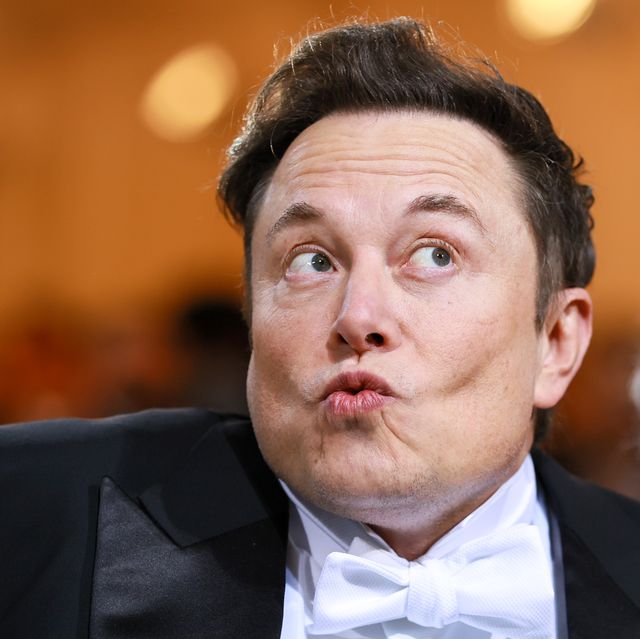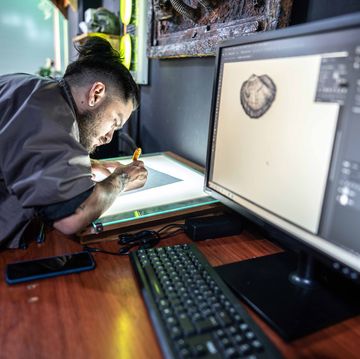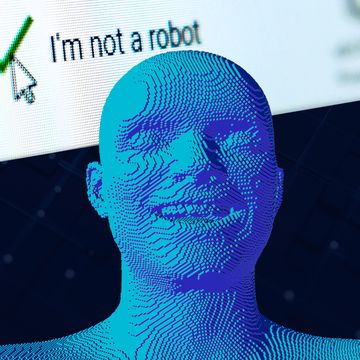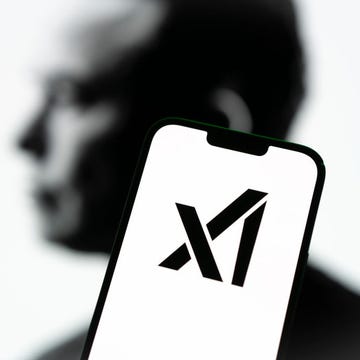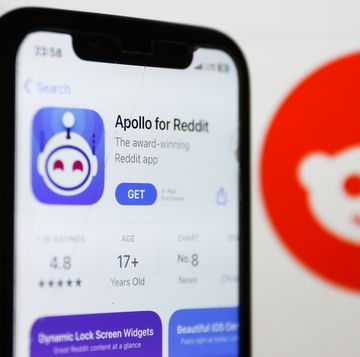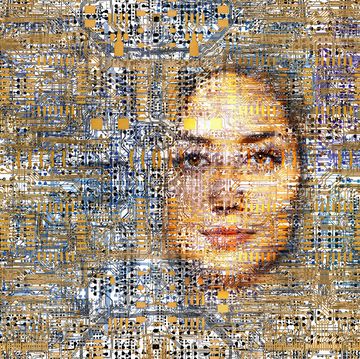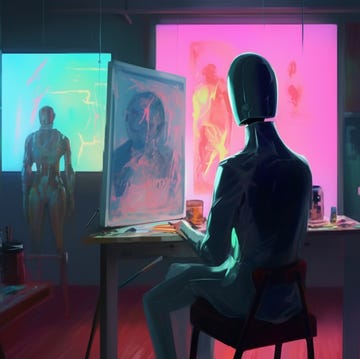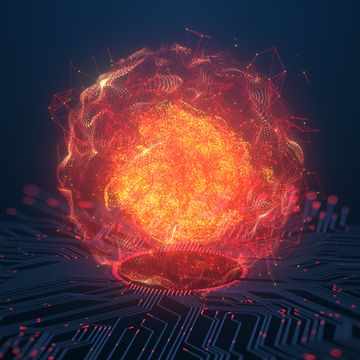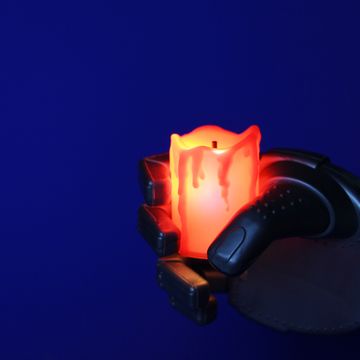- Many language-based neural networks like ChatGPT use safeguards to protect users from erroneous or biased information.
- OpenAI co-founder Elon Musk, who left the company in 2018, now wants to build a rival to ChatGPT.
- The Information reports that Musk’s previous comments about the platform’s “woke” tendencies could mean his AI will have fewer safeguards than its competitors.
The world is currently enraptured by the fascinating, eerily human-like powers of language-based AI neural networks like ChatGPT—and Elon Musk, the world’s richest man, is among them.
According to a report by The Information, Musk is interested in creating a ChatGPT rival. This might stem from a pang of jealousy, as Musk actually co-founded OpenAI—the company behind the ChatGPT—as a nonprofit research organization back in 2015, but left the group three years later over a “disagreement” with the company’s direction. Now, it seems Musk is looking to create a similar AI to compete against his former colleagues with one, groan-worthy distinction: Musk’s AI will likely be anti-woke.
Musk has both praised and bashed ChatGPT’s success on Twitter, but the tech billionaire is on record as being extremely wary of AI’s potential dangers and took a decidedly anti-ChatGPT stance in December when he tweeted: “The danger of training AI to be woke—in other words, lie—is deadly.”
Musk is also on record as being a staunch opponent of the “woke mind virus,” a supposedly civilization-ending mental malady (that he invented after being booed at a Dave Chappelle show).
These two fears of Musk’s have intersected as developers of ChatGPT, and similar chatbots like Google’s Bard, are designing safeguards to protect users against chatbots saying things that are potentially offensive or controversial. Conservative media has also accused some of these safeguards of being “woke.”
The Information reports that Musk is still in the process of recruiting people to join this new AI venture, including researcher Igor Babuschkin, who recently left Alphabet’s British-based AI subsidiary DeepMind. Although the report further states that Babuschkin hasn’t signed on in any official capacity, he says he is interested in working with Musk and that Musk’s goal is not to design an AI with less content safeguards.
In mid-February, Musk responded to a tweet that supposedly showed ChatGPT labeling him as “controversial” while other figures, like other multi-billionaire Jeff Bezos, were not. Seeing as this particular safeguard targeted Musk specifically, he might do away with this programmed “controversy” distinction while still protecting users from willfully erroneous content.
And as Musk owns Twitter, it’s extremely likely that whatever shape this anti-woke creation takes could be unleashed on the platform—something history suggests could be a very bad thing. In 2016, Microsoft released a Twitter chatbot named “Tay” that, within 24 hours, became a racist, fascist-loving mess. Some (including the AI powering ChatGPT itself) argue that maybe it’s a good idea that chatbots have at least some restrictions that keep them from developing psychopathic tendencies.
Even with safeguards in place, ChatGPT still struggles with racist and sexist answers to queries, as detailed by The Daily Beast in December. Because these platforms are designed on millions upon millions of human-created text sourced from books and web pages (not necessarily the most accurate wellspring of information), it’s inevitable that human biases and errors will make their way into these systems.
It’s uncertain exactly how Musk’s potentially “anti-woke” AI system will differ from the competition, but if it tracks with his often-criticized take on free speech, we could see the rise of something resembling “Tay 2.0.” The AI gold rush is just beginning.
Darren lives in Portland, has a cat, and writes/edits about sci-fi and how our world works. You can find his previous stuff at Gizmodo and Paste if you look hard enough.
